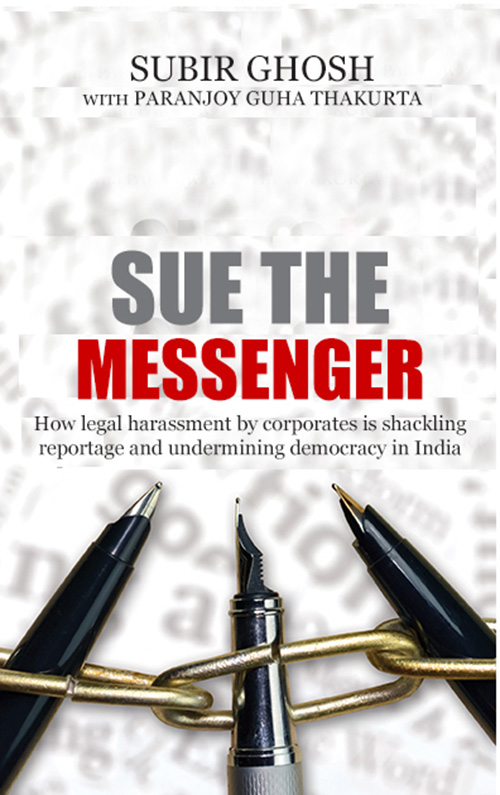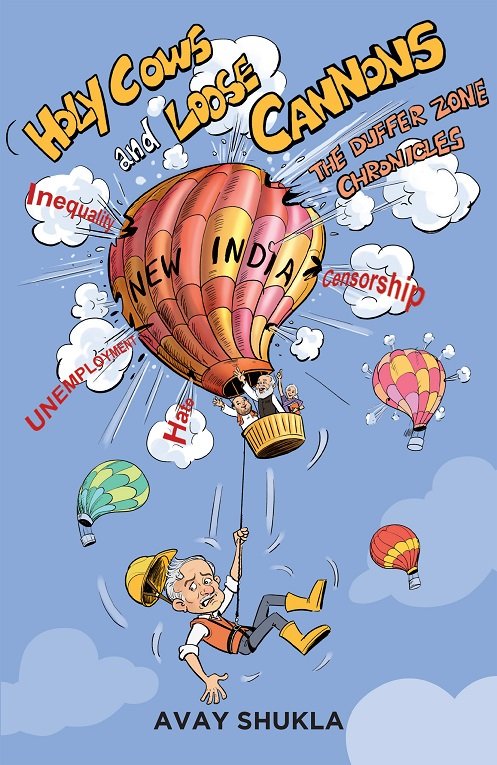Surendra Nihal Singh was truly privileged as a journalist. His professional experience was about as varied as varied could have been. He wrote on a diverse range of subjects from art to politics, worked across continents, wrote novels and non-fiction books, engaged with the high and mighty across the planet and obtained a ringside view of important historical developments in this country and the world.
His passing away in Delhi on 16 April marks almost the end of an era - there are possibly only a few of his contemporaries from the media fraternity who are around today; one can recall just one and may he live long.
Born to a professor-turned-journalist father and a home-maker mother in Rawalpindi on 30 April 1929, Nihal Singh was one among a brood of seven siblings who was schooled in Hindi and spent the early years of his life in Benares and Ahmedabad before settling down in Delhi.
His first article as a freelancer appeared less than a month before India became politically independent: it was an essay on George Bernard Shaw that was published by the Tribune in Chandigarh. In 1951, he joined the Delhi edition of the Times of India under Sham Lal as an unpaid apprentice sub-editor before becoming a paid employee with a salary and dearness allowance totalling Rs 160. His "princely" remuneration enabled him to show off his round tin of Three Castles cigarettes!
After that, there was no looking back for him: from a sub-editor he became a reporter, then a political correspondent, a foreign correspondent and, then, editor of daily newspapers like the Statesman, the Indian Express, the Indian Post (now defunct) and the Khaleej Times in Dubai.
It is amazing to recall the different cities across the globe where he worked: Singapore, Islamabad, Moscow, London, New York, Paris and Dubai. Over and above the countries where these cities were located, Nihal Singh was an inveterate peripatetic, constantly on the move, reporting and commenting.
The titles of his non-fiction books reveal the breadth of the topics he covered: The Yogi and the Bear: A Study of Indo-Soviet Relations; Indira's India; The Gang and 900 Million: A China Diary; I Discover America; Blood and Sand: The West Asian Tragedy, The Rise and Fall of UNESCO and The Modi Myth. He also wrote two novels, Indian Days, Indian Nights and Love in the Time of Emergency, besides his memoirs Ink in My Veins: A Life in Journalism.
For those interested in learning about the way Indian journalism evolved from the 1950s till the turn of the millennium, his autobiography is replete with insights and interesting anecdotes. These include the circumstances under which Pran Chopra had to leave the post of the editor of The Statesman, the manner in which C.R. Irani took over control of all aspects of the working of the Kolkata-based newspaper which had seen much better days, how his relative lawyer Nani Palkhivala failed to check the "destruction"" of the daily and how both Irani and Palkhivala had a pathological hatred for anyone or anything linked with socialism and communism.
Nihal Singh describes the way in which Arun Shourie would apparently throw his weight around and how Ramnath Goenka ensured that he left the Express. He also outlines how industrialist Vijaypat Singhania started and then quickly abandoned the Indian Post which made a feeble attempt to compete with the Times of India in Mumbai.
Like all journalists, Nihal Singh revelled in his ephemeral associations with the famous and the celebrated. He met Martin Luther King briefly but the interview he had hoped for never happened, unlike his interviews with Lee Kuan Yew, Benazir Bhutto, Mian Nawaz Sharif, and Yasser Arafat, to name a few internationally prominent personalities.
In India, there were very few politicians he had not met. By his own admission, he hero-worshipped Jawaharlal Nehru and made no secret of his dislike for Indira Gandhi as well as Narendra Modi. He was close to Inder Kumar Gujral and recalled him cleaning the dust from the windows in the room in Shastri Bhavan when he was Minister for Information and Broadcasting.
In his autobiography, Nihal Singh recalled his meeting with author Han Suyin and the book also carries a black-and-white photograph of him with the 1960s star of Hollywood Jayne Mansfield. More than most Indian journalists, Nihal Singh was particularly knowledgeable about West Asia and South East Asia. He had travelled extensively in these parts of the world.
He was candid enough to admit that he was not exactly a good husband to his Dutch wife, Geertje Zuiderweg better known as Ge, who was eleven years older than him and a divorcee when they married against the wishes of Nihal Singh's family. Ge, who used to work in the Embassy of the Netherlands in Delhi when they met, passed away in 1999 in Dubai on account of lung cancer, though she smoked far less than him.
Nihal Singh received the International Editor of the Year Award in New York in 1978 for his role as editor of The Statesman which was among the few publications that staunchly opposed the Emergency. He was not just genial and affable but an excellent raconteur as well who was very well-informed about politics and international affairs.
He was polite to a fault, even with those he disagreed. This writer is honoured and privileged that he published the last two books he wrote.


